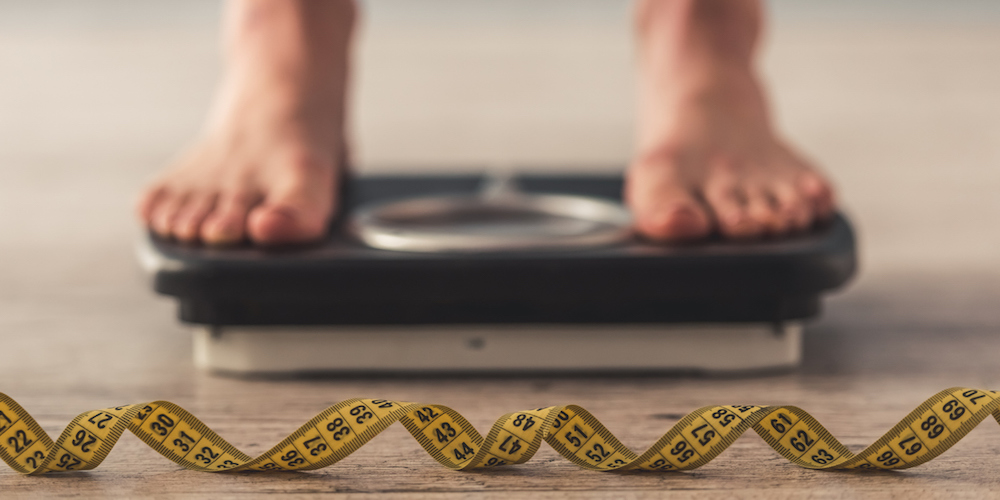Many people are unhappy with their weight, thinking they weigh too much, or not enough. They may have a magic number – an ideal weight – in their head that they want to weigh, or feel they should weigh, without really knowing whether this is realistic, or even healthy.
The reality is there is not one ideal healthy weight for each person, because a number of different factors play a role in achieving a healthy weight range or an unhealthy weight range including height, genetics, age, body fat distribution and muscle-fat ratio.
Body mass index (BMI) is used to determine whether you are in a healthy weight range for your height. It is a popular measuring tool but it’s not ideal because it doesn’t account body type, age and muscle mass. For example, elite athletes can have a high BMI because they have a high muscle mass but very little body fat. Muscle weighs more than fat, but it’s obviously much healthier. BMI can be used as a starting point but it is also important to understand your other risk factors.
BMI together with measuring your waist circumference can give you a broader picture, as carrying excess body fat around your middle is more of a health risk than if weight is elsewhere. Measuring your waist to height ratio can also be helpful as a person whose weight measurement is less than half their height has lower risk of some health complications.
Body fat should also be measured because looking skinny doesn’t mean you’re healthy. The term “skinny fat” refers to someone who has a normal BMI but has much more fat than muscle than is recommended for optimal health. Fat that you can see is called subcutaneous fat, but visceral fat gets stored around the organs and is much more dangerous. If you have an unhealthy diet, a sedentary job and do very little exercise, but still look slim, chances are you may fall into the ‘skinny fat’ category. Your healthcare practitioner can direct you where you need to go to detect visceral weight. Some scales like Propert Body Analysis Scale can measure weight, BMI, body fat rate and visceral and subcutaneous fat.
If you are concerned about your body, talk to your healthcare practitioner to get an honest and realistic idea. Chances are if you have a mostly healthy diet, drink plenty of water, are doing regular exercise and feel well and energised you’re fine. If you’re not, a chat with your healthcare provider may help.







